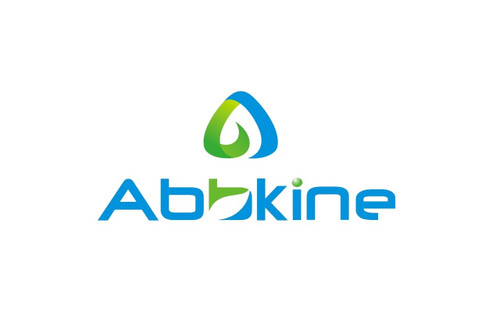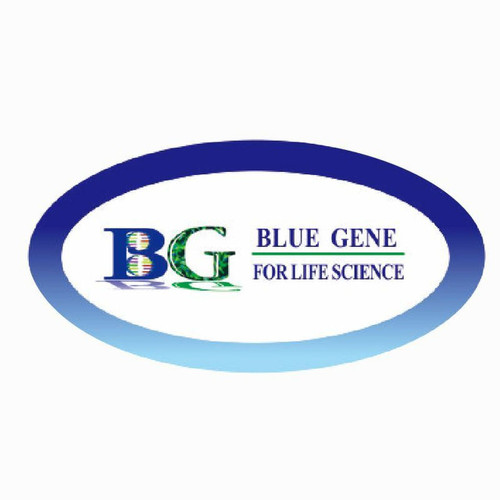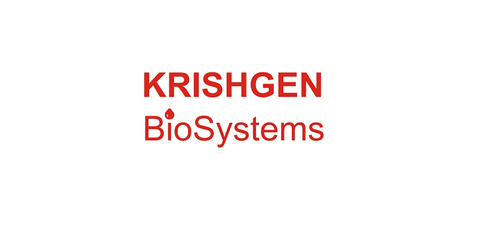Product Description
Rat Acid phosphatase-like protein 2 (ACPL2) ELISA Kit | AE23502RA | Abebio
Species Reactivity: Rat (Rattus norvegicus)
Abbreviation: ACPL2
Alternative Name: FLJ23751;
Application: ELISA
Range: 0.312-20 ng/mL
Sensitivity: 0.078 ng/mL
Intra-Assay: ≤4.1%
Inter-Assay: ≤10.7%
Recovery: 1, 08
Sample Type: Serum, Plasma, Other biological fluids
Detection Method: Sandwich
Analysis Method : Quantitive
Test Principale: This assay employs a two-site sandwich ELISA to quantitate ACPL2 in samples. An antibody specific for ACPL2 has been pre-coated onto a microplate. Standards and samples are pipetted into the wells and anyACPL2 present is bound by the immobilized antibody. After removing any unbound substances, a biotin-conjugated antibody specific for ACPL2 is added to the wells. After washing, Streptavidin conjugated Horseradish Peroxidase (HRP) is added to the wells. Following a wash to remove any unbound avidin-enzyme reagent, a substrate solution is added to the wells and color develops in proportion to the amount of ACPL2 bound in the initial step. The color development is stopped and the intensity of the color is measured.
Product Overview: ACPL2 belongs to the histidine acid phosphatase family. Catalyses the reaction: an orthophosphoric monoester + H2O = an alcohol + phosphate, with an acid pH optimum. Acid phosphatase is a phosphatase, a type of enzyme, used to free attached phosphate groups from other molecules during digestion. It is basically a phosphomonoesterase. It is stored in lysosomes and functions when these fuse with endosomes, which are acidified while they function; therefore, it has an acid pH optimum. Different forms of acid phosphatase are found in different organs, and their serum levels are used as a diagnostic for disease in the corresponding organs. For example, elevated prostatic acid phosphatase levels may indicate the presence of prostate cancer.
Stability: The stability of ELISA kit is determined by the loss rate of activity. The loss rate of this kit is less than 5% within the expiration date under appropriate storage condition. The loss rate was determined by accelerated thermal degradation test. Keep the kit at 37°C for 4 and 7 days, and compare O.D.values of the kit kept at 37°C with that of at recommended temperature. (referring from China Biological Products Standard, which was calculated by the Arrhenius equation. For ELISA kit, 4 days storage at 37°C can be considered as 6 months at 2 - 8°C, which means 7 days at 37°C equaling 12 months at 2 - 8°C) .
 Euro
Euro
 USD
USD
 British Pound
British Pound
 NULL
NULL












